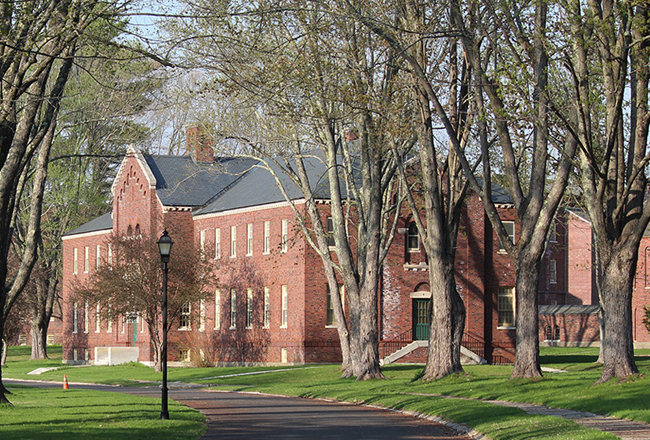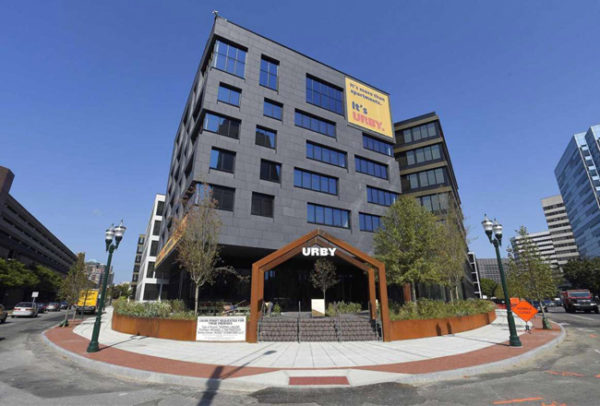Dover Greens LLC, an affiliate of Olivet University in Dutchess County, has agreed to pay a $575,000 penalty for violating asbestos removal regulations when it renovated the former Harlem Valley Psychiatric Center in 2013.
U.S. Attorney Geoffrey S. Berman accused Dover Greens of knowingly violating the regulations, according to a Jan. 7 lawsuit filed on behalf of the U.S. Environmental Protection Agency, “in a rush to prepare, renovate and open buildings for a fundraising event in late October 2013.”

In a consent decree filed with the civil complaint, Philip Bae, Dover Greens chief operating officer, pledged to the EPA that Dover Greens would provide medical monitoring to people who may have been exposed to asbestos fibers because of the violations.
Dover Greens stated in a news release that it has worked side-by-side with the EPA for six years to settle environmental issues that “allegedly arose” in 2013. But it accused the EPA of “piling on,” by punishing it for violations that other regulatory agencies have addressed.
The organization states that U.S. Department of Justice policy advises against multiple regulatory agencies repeatedly punishing a company for the same violations. Four years ago, the news release states, Dover Greens settled cases with the U.S. Occupational Safety and Health Administration and the New York labor department, “monetarily and in practice.”
“However, in the end we decided to settle with the EPA because we philosophically agree with the goals of all the agencies we have dealt with. It has been a core value of ours from the beginning to invest further into the safety and the protection of our workers, our residents, the public and the environment.”
The regulatory infractions trace back to 2013 when Dover Greens, then known as Olivet Management LLC, bought the abandoned psychiatric center. Dover Greens owns 936 acres and 73 buildings, most of which were built in the early 1900s when asbestos was commonly used in insulation and fireproofing products.
Now asbestos is a known carcinogen associated with lung cancer, mesothelioma and asbestosis. In the 1970s, the government enacted regulations to protect people from exposure to airborne asbestos fibers during demolition and renovation projects.
When Dover Greens bought the campus, it knew that many of the buildings contained significant amounts of asbestos, according to the lawsuit.
“Instead of delaying the fundraiser to allow time for proper renovation or holding the event away from the campus at a site that did not contain asbestos,” the complaint states, “Dover Greens began a slipshod effort to renovate portions of the campus.”
Dover Greens admits in the consent decree that it did not comply with the regulations when it renovated 19 buildings before the fundraiser. It failed to damp down materials before stripping them from buildings, for example, failed to seal the materials in leak-proof containers and failed to dispose of the containers at proper sites.
In October 2013, inspectors from the New York Department of Labor found asbestos-containing materials in a renovated chapel that had been used for the fundraiser.
A few days later, investigators with the EPA, OSHA and state labor department tried to inspect the campus but were initially denied entry. Dover Greens also failed to respond to EPA questions in 2015, according to the complaint.
The lawsuit accuses Dover Greens of numerous violations of the Clean Air Act.
Dover Greens, according to the government, intends to renovate at least 17 more buildings.
Under the consent decree, Dover Greens agreed to inspect unoccupied buildings twice a month and occupied buildings once a month, and to file compliance reports twice a year.
The government case was handled by Jacob M. Bergman, an assistant U.S. attorney, and by EPA attorneys Ellen M. Mahan, Eric Schaaf and Joseph Siegel.




















